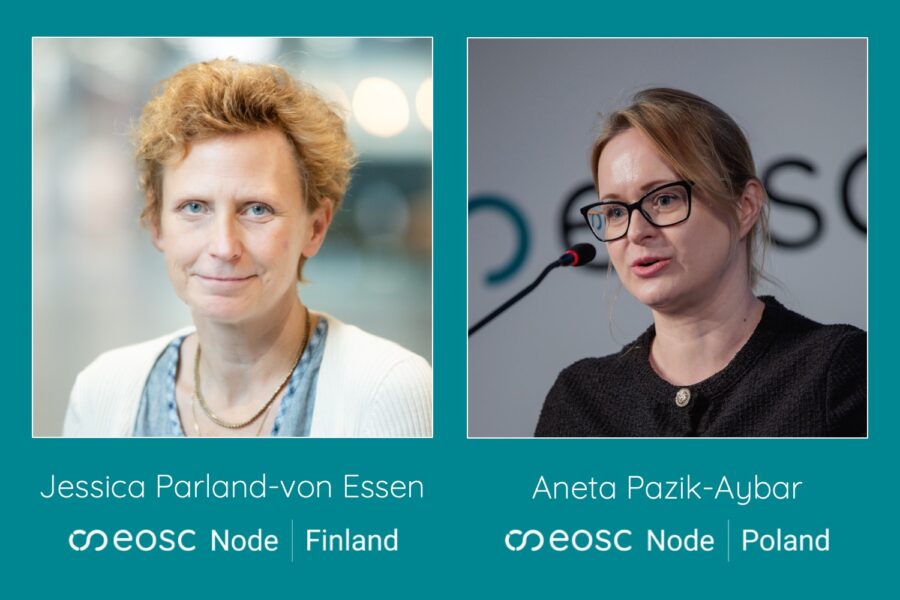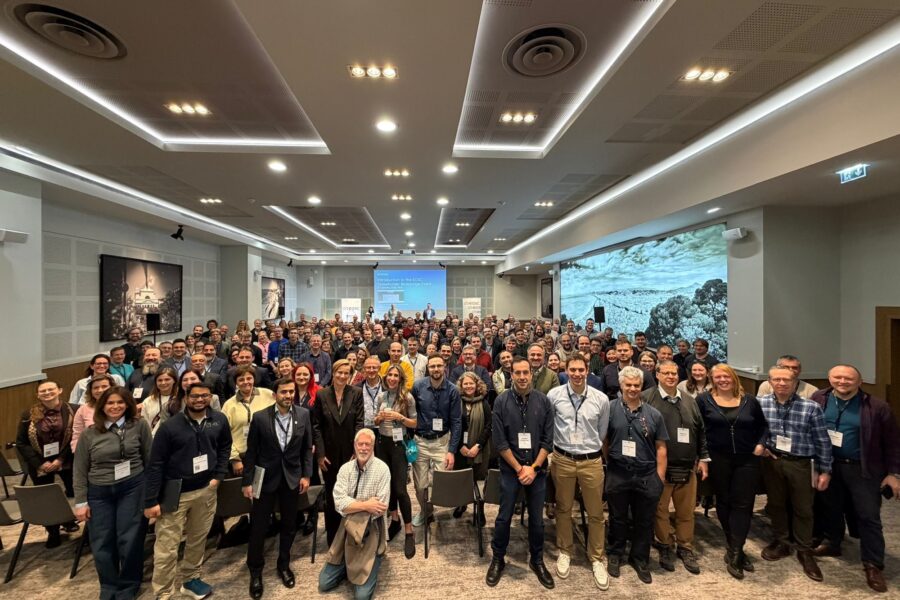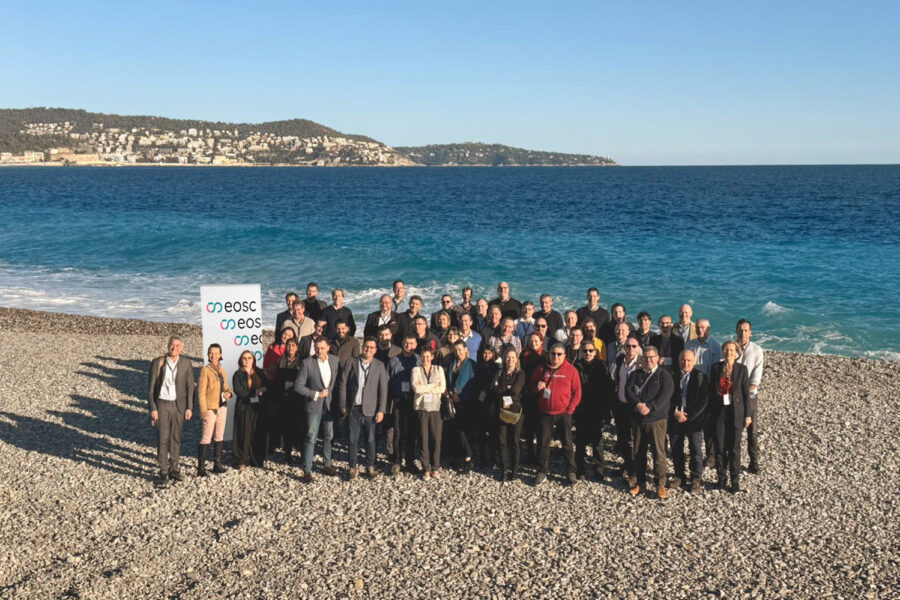The Barcelona Supercomputing Center – Centro Nacional de Supercomputación (BSC-CNS) is the Spanish national supercomputing facility, specialising in HPC (High Performance Computing) and offering supercomputing infrastructures and services to national and European scientists in order to generate knowledge and technology for society. As a research infrastructure, BSC is an EOSC Association Member, was a founding member and hosting member of the former European HPC infrastructure PRACE (Partnership for Advanced Computing in Europe), and is now Hosting Entity for EuroHPC JU, the Joint Undertaking that will lead large-scale investments and HPC provision in Europe.
BSC provides research and supercomputing services for multiple disciplines: computer sciences; life sciences; earth sciences; and engineering applications. With the advantages of processing very large calculations and integrating different layers of information, it enables to accelerate scientific knowledge as well as improve the quality of life for society.
At the national level, recognised as Severo Ochoa Centre of Excellence, BSC coordinates the Spanish Supercomputing Network (RES), composed of 14 HPC centres across the country. Currently, BSC operates the most powerful supercomputer in Spain, as known as MareNostrum 4 housed in a church (photo: Torre Girona Chapel). It is also known as the world’s most beautiful data centre since the church was converted for secular use in the 1980s.
Recently, BSC released exciting news on installing a new quantum computer in their symbolic chapel, funded by the national programme Quantum Spain. This will be complemented with a second quantum computer, since EuroHPC recently selected BSC to host one of their six quantum computers. Both quantum computers will eventually be integrated with the new MareNostrum 5. This integration will strengthen BSC’s role as one of Europe’s leading supercomputing centres as well as the development of AI-based research and innovation in Spain.
About BSC playing an important role as one of the leading stakeholders in EOSC, the Member delegate Nadia Tonello commented “BSC has the advantage of being a big national research infrastructure, and at the same time a research centre, with four internal scientific Departments specialized in getting the best from HPC for research. The collaborative and interdisciplinary dimension of our centre is the ideal substrate to cultivate the new culture of open science promoted by EOSC. The expertise of our staff is shared among the research community not only with our collaboration to European projects, but also participating to EOSC Association Task Forces on FAIR Data, Software Quality, and on National activities for researchers’ engagement. As an EUDAT CDI member, we are also contributing to projects like EOSC Future and DICE, to provide solutions for Data Management in the EOSC environment, an aspect that is especially critical considering the large data volumes managed by our users.”
Apart from being the EOSC Member, BSC is active participating in several Horizon Europe projects related to EOSC. First, their coordination project EOSC4Cancer should be highlighted for contributing to bringing diverse cancer-related data onto a platform by interconnecting several use cases, which will be accessible for the purposes of research and innovation. The project also has been featured in EOSC Association April Newsletter. In addition, BSC is currently a consortium partner of two more ongoing EOSC projects:
BY-COVID (Beyond COVID) will align with the One-Health approach building on the latest technological advances and contributing to the EOSC capabilities for COVID-19 data access and federation, to be available to scientists in laboratories, medical staff, and government officials.
EuroScienceGateway (Leveraging the European compute infrastructures for data-intensive research guided by FAIR principles) will contribute to the adoption of e-Infrastructures and FAIR publishing services of EOSC across domains for cross-disciplinary research as well as increase the use and adoption of EOSC endorsed principles, standards and technologies.





